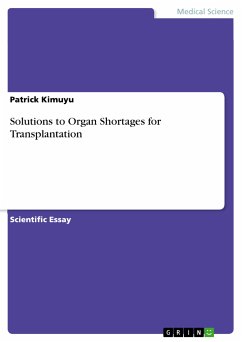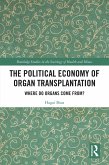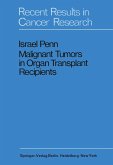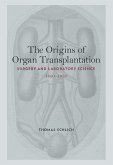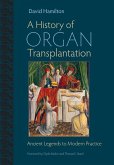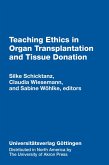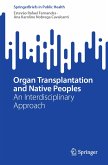Scientific Essay from the year 2016 in the subject Health - Public Health, grade: 1, Egerton University, language: English, abstract: Organ transplantation has become one of the most reliable life-saving medical approaches in the medical field. Miller et al. (2003) report "many lives have been saved that would not have been otherwise, and yet waiting lists for organs continue to increase" (par. 3). Historically, organ transplantation dates back to 1954 when the first human kidney was transplanted successfully. Later on in 1967, Christian Barnard carried out the first heart transplant. In general, a number of organ transplants were performed in 1960s including liver, pancreas and lung transplants, and this opened up treatment options for patients with organ failures. However, it is worth noting that, the success of organ transplant was enhanced by an array of clinical research findings. For instance, the discovery of immunosuppressive drugs, which prevented the rejection of organ grafts served as a significant breakthrough in organ transplantation. Currently, organ transplantation has gained popularity owing to its reliability although organ procurement and allocation laws appear to have limited its clinical use. Abouna (2008) reports "In the United States, for example, the number of patients on the waiting list in the year 2006 had risen to over 95,000 while the number of patient deaths was over 6,300" (p. 34). However, organ transplantation has been faced with unprecedented organ shortage crises. It has been reported that about 18 patients in the waiting list die every day owing to the shortage of organ donations (Rall, 2013). Therefore, this paper will provide solutions which appear relevant in addressing the shortage of organs available for transplantation.
Dieser Download kann aus rechtlichen Gründen nur mit Rechnungsadresse in A, B, BG, CY, CZ, D, DK, EW, E, FIN, F, GR, HR, H, IRL, I, LT, L, LR, M, NL, PL, P, R, S, SLO, SK ausgeliefert werden.

